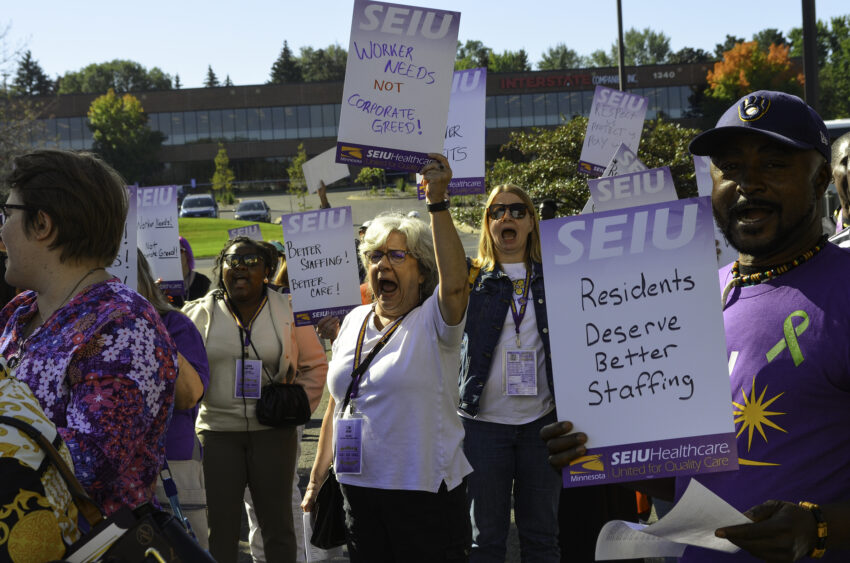In a world where privilege often goes unchecked, the British monarchy stands as a glaring example of wealth and power that many believe is long overdue for scrutiny.
This centuries-old institution, which has historically been cloaked in opulence and authority, now faces increasing criticism for what many see as an insatiable appetite for wealth at the expense of ordinary citizens.
As conversations around accountability grow louder, it’s time to peel back the layers of this royal enigma.
For centuries, the monarchy has enjoyed a status that seems almost untouchable.
With roots tracing back to William the Conqueror, this institution has wielded immense power while remaining largely insulated from the everyday struggles faced by the average Briton.
The privileges afforded to the royal family, steeped in tradition, serve as a reminder of a time when kings and queens were viewed as divine beings, untethered by the laws that govern common people.
Take a moment to consider the financial implications of this privilege.
While ordinary citizens are burdened by taxes, the monarchy revels in exemptions that seem almost surreal.
Corporate taxes?
Not applicable.
Capital gains taxes?
The royals remain untouched.
Inheritance taxes?
The royal lineage continues to pass down their wealth without a second thought.
This stark contrast highlights a troubling reality: while the average Briton must sacrifice a chunk of their earnings, the monarchy thrives, seemingly immune to the fiscal pressures that weigh heavily on the rest of society.
The legal immunity enjoyed by the royal family adds another layer to this disparity.
For instance, the Queen cannot be prosecuted, a privilege that extends to her family members, creating a bubble of legal protection that isolates them from the consequences of their actions.
Such exemptions underscore the divide between the monarchy and the common folk, illuminating an inbuilt inequality that fosters resentment among those who feel overlooked.
This unchecked privilege casts a long shadow over the lives of ordinary Britons, reminding them daily of the disparities that exist within their society.
The monarchy, once viewed as a symbol of national pride, now appears more like an institution that feeds off the hardships of the very people it claims to serve.
The grotesque face of this greed becomes evident when we consider how the Crown’s wealth swells while the public grapples with economic challenges.
Imagine living in a world where your wealth isn’t subject to the same rules as everyone else’s.
For the monarchy, this is a reality that speaks volumes about their disconnect from the struggles of everyday life.
Each penny saved in taxes by the royals is a penny that the public must compensate for, diverting funds that could otherwise enhance essential services like healthcare and education.
The principle behind this disparity raises critical questions about fairness and justice in a society that prides itself on equality.
The monarchy’s greed isn’t just a financial issue; it’s a moral one.
It raises the fundamental question of whether society should tolerate an institution that benefits from the exploitation of its citizens.
This mindset of servitude, deeply ingrained in British culture, perpetuates the notion that the monarchy deserves deference and financial support without question.
This historical conditioning leads many to accept the monarchy as an unassailable part of national identity, despite the glaring evidence of its exploitation.
However, the tide is beginning to turn.
Voices calling for change are growing louder, challenging the status quo and demanding accountability from an institution that has long operated above reproach.
Activists like Dr. Shola Moss Shogbamimu have emerged as fierce critics of the monarchy, exposing its greed and privilege while advocating for the public’s right to question its role in society.
Her words resonate with many who are fed up with the imbalance between the lavish lifestyles of the royals and the struggles of the average citizen.
Across the nation, ordinary Britons are starting to recognize the stark contrasts between their realities and the royal family’s extravagant existence.
Movements advocating for transparency and accountability are gaining traction, pushing for an end to the monarchy’s tax exemptions and demanding that the institution contribute its fair share to the nation’s finances.
This push for accountability is not merely about money; it’s about restoring a sense of moral integrity to an institution that has long enjoyed unchecked privilege.
As the British public awakens to the realities of the monarchy’s exploitation, it becomes increasingly clear that the time for change is now.
The servitude mentality that has allowed this institution to persist must be dismantled, paving the way for a more equitable future.
The monarchy is not an infallible entity; it is a relic of a bygone era that needs to adapt to the evolving values of society.
Reflecting on the monarchy’s role in modern Britain calls for critical examination.
It’s time to question the narrative that has upheld this institution for so long.
The British people have the power to demand an end to this exploitative system, and every conversation, every question asked, contributes to the momentum for change.
While transformation may not happen overnight, the collective courage and persistence of the public can drive significant shifts in societal norms.
As we navigate this complex landscape, let’s remember the importance of accountability and the need to challenge the status quo.
The monarchy should not be above scrutiny or free from the responsibilities that come with privilege.
The call for change is not just a fleeting trend; it is a necessary step toward a more just and equitable society for all.
